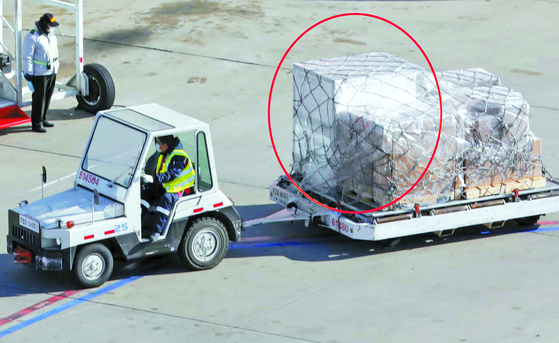Last May Digicel Group denied reports that Chinese companies, including China Mobile, Huawei and ZTE, are potential bidders for the company.
Friday December 25, 2020 ((rezonodwes.com)) –
Jamaican mobile operator Digicel Group denied an Australian newspaper article and said there was “no reason” to sell its Pacific unit to state-owned China Mobile Ltd.
The Australian Financial Review newspaper had reported that the Chinese company had been conducting due diligence on Digicel’s Pacific unit since the start of the year, in a deal that could be worth up to $ 900 million.
However, escalating tensions between China and Australia could push the sale of Digicel unit from $ 900 million to $ 2 billion.
In fact, Denis O’Brien’s Digicel now juggles multiple approaches for its telecoms activity in the Pacific Islands, including entities directly or implicitly linked to China and Australia.
Citi is advising the Irish group on offers that could value its Pacific branch at $ 2 billion (1.64 billion euros), as geopolitical tensions between Canberra and Beijing create a significant premium beyond purely economic value.
Digicel operates the largest mobile networks in Papua New Guinea, Australia’s closest geographic neighbor, as well as in Fiji, Tonga, Vanuatu and Samoa.
At one point earlier this year, Digicel reportedly considered floating the Pacific Island units on the Sydney Stock Exchange, but nothing came of it and they then provided some of the security when the group went. entered into a debt agreement with bondholders.
More recent reports that Chinese companies including China Mobile, Huawei and ZTE are potential bidders for the company have sparked a strong backlash in Australia, already embroiled in an increasingly bitter trade and national security showdown. with Beijing.
Digicel’s assets in the Pacific include regionally significant telecommunications infrastructure, adding to the heavily loaded mix.
Australian Prime Minister Scott Morrison this month accused China of breaking international trade rules and bilateral agreements over its announced ban on imports of Australian coal.
The coal cut followed earlier measures in China, including a consumer boycott of Australian products seen as a ban on all, while in May China imposed an 80.5% tariff on the Australian barley despite a free trade agreement.
China is an important trading partner of Australia, but the government in Canberra is increasingly alarmed by the Asian nation’s more assertive position in the region and in Hong Kong, with which Australia has economic ties and deep social.
The rapidly escalating tensions mean that any Chinese economic expansion into what Australia sees as its economic and security backyard is likely to see a response.
This is potentially good news for Denis O’Brien. The Australian government is supposed to consider supporting a non-Chinese bid on Digicel Pacific by providing or taking out a low-cost loan, or seeking like-minded lenders in the United States or Japan.
The country has already banned the use of Chinese Huawei technology in its national 5G telecommunications infrastructure.
The tension in the Pacific could now offer a second windfall in a year for Digicel. In June, the company received $ 200 million in compensation from a French court. The award ended a long-standing legal action against
French telecommunications company Orange on anti-competitive practices in the French Caribbean.
Digicel is looking to use some of that windfall to buy back debt that might otherwise be exchanged in the future for a stake in the company under a deal reached earlier this year.
This year’s deal with bondholders reduced Digicel’s debt burden from $ 7 billion to $ 5.4 billion, permanently reducing interest bills and total debt at the expense of the lender group, while Denis O’Brien invested $ 50 million in cash and assets to secure bondholder support.
Papua New Guinea is one of Digicel’s largest units and the broader Pacific business is relatively less leveraged than the group’s other major markets in the Caribbean, meaning that a sale could generate a windfall of debt reduction.
Combined sources


